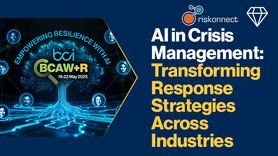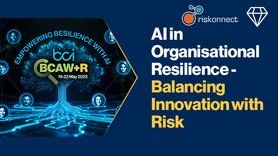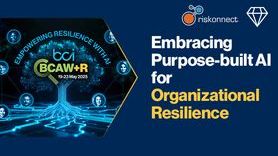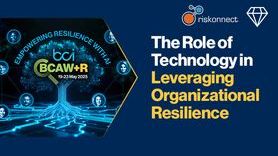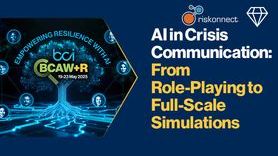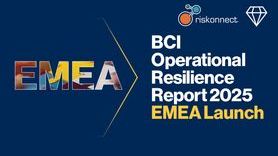Latest BCI report finds that good Crisis Management requires strong Leadership
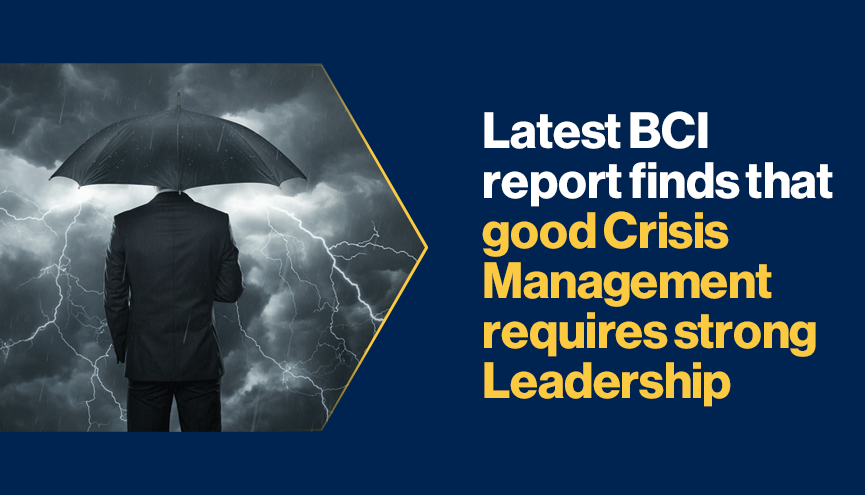
The BCI Crisis Management Report 2021 found that senior management leads Crisis Management in four out of five organizations. The engagement of senior management within the Crisis Management process helps to ensure that every worker in an organization is aware of the importance of this discipline and appreciative of their own role during a crisis. However, this does not apply to every sector. For example, in the education sector, senior academics oversee Crisis Management, which can often lead to slower response times.
Generally, most organizations have a standardized approach to Crisis Management, this means that senior management gets involved ‘up to a certain point’ during certain types of incidents. With COVID-19, this has deeply changed, due to the strategic impact of the pandemic, Crisis Management has required constant input and involvement from senior management.
Interviewees from the BCI Crisis Management Report 2021 said that they witnessed “varying degrees of input and trust from senior management”. Some reported that senior management had a high degree of trust in their tactical and operational teams and only requested to be informed of decisions made. On the other hand, others reported that senior management took on the role of making all decisions – from strategic and tactical to operational - due to incumbent working practices and/or a lack of trust in the ability of individuals and departments.
The leadership role of senior management within Crisis Management is a difficult balance to strike. In an ideal context, a good Crisis Management structure should feature senior management at the top - in overall strategic command. However, especially in large organizations, it should avoid becoming heavily involved in the operational response because – as the BCI reports shows – it can obstruct the crisis response and generate trust issues amongst departments.
In the 2021 Crisis Management Report, respondents were adamant to “having strong and clear leadership from the crisis management chair”, but also allowing other members of the crisis management team the autonomy to carry out ‘smaller’ tasks (E.g., regional announcements, adjustments and make decisions if required).
The issue of building trust within organizations is also an important factor when it comes to leadership – which often is underestimated. The BCI report says, “Building a culture of trust is something which organizations need to work hard to develop and maintain. This can typically involve a significant amount of management time, so post-pandemic – when resilience is still top of mind – is a good time to consider trying to instil changes within an organization.”
With all the results in mind, the question is, what is strong leadership within Crisis Management?
According to the BCI report, it is more than ‘one thing’, it is an approach that involves many other things – from management and trust to communication and collaboration.
Indeed, the report finds that communication from senior management needs to be clear, but more so, information needs to flow effectively across the Crisis Management structure. Furthermore, different parts of the Crisis Management structure implement a collaborative approach, the report found that their crisis response was more effective - 80.1% of respondents said that “teams’ ability to interact with other functions and a “network” culture was one of the key factors that enabled their organization to weather the crisis effectively.”
Download your copy of the report to find our more about the findings of this insightful BCI research report.
























